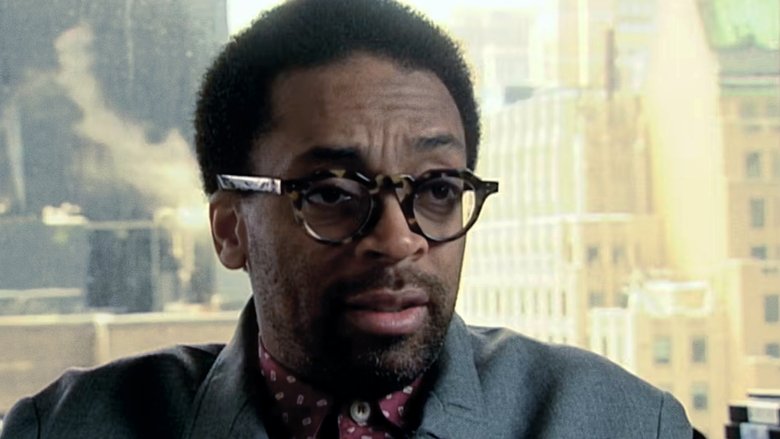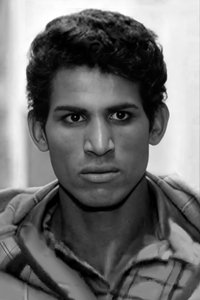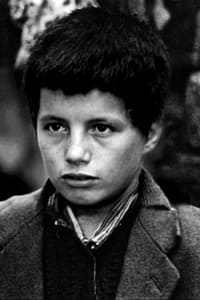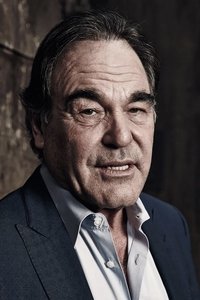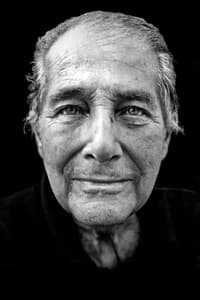Five Directors On The Battle of Algiers
Genres
Documentary
OverView
This 17-minute documentary is featured on the 3-Disc Criterion Collection DVD of The Battle of Algiers (1966), released in 2004. An in-depth look at the Battle of Algiers through the eyes of five established and accomplished filmmakers; Spike Lee, Steven Soderbergh, Oliver Stone, Julian Schnabel and Mira Nair. They discuss how the shots, cinematography, set design, sound and editing directly influenced their own work and how the film's sequences look incredibly realistic, despite the claim that everything in the film was staged .
Others
Budget
$--
Revenue
$--
Status
Released
Original Language
English
Runtime
17 mins
Rating
10/10
Release Date
01 August 2004
Country
United States of America
